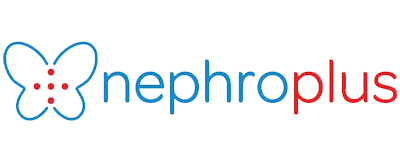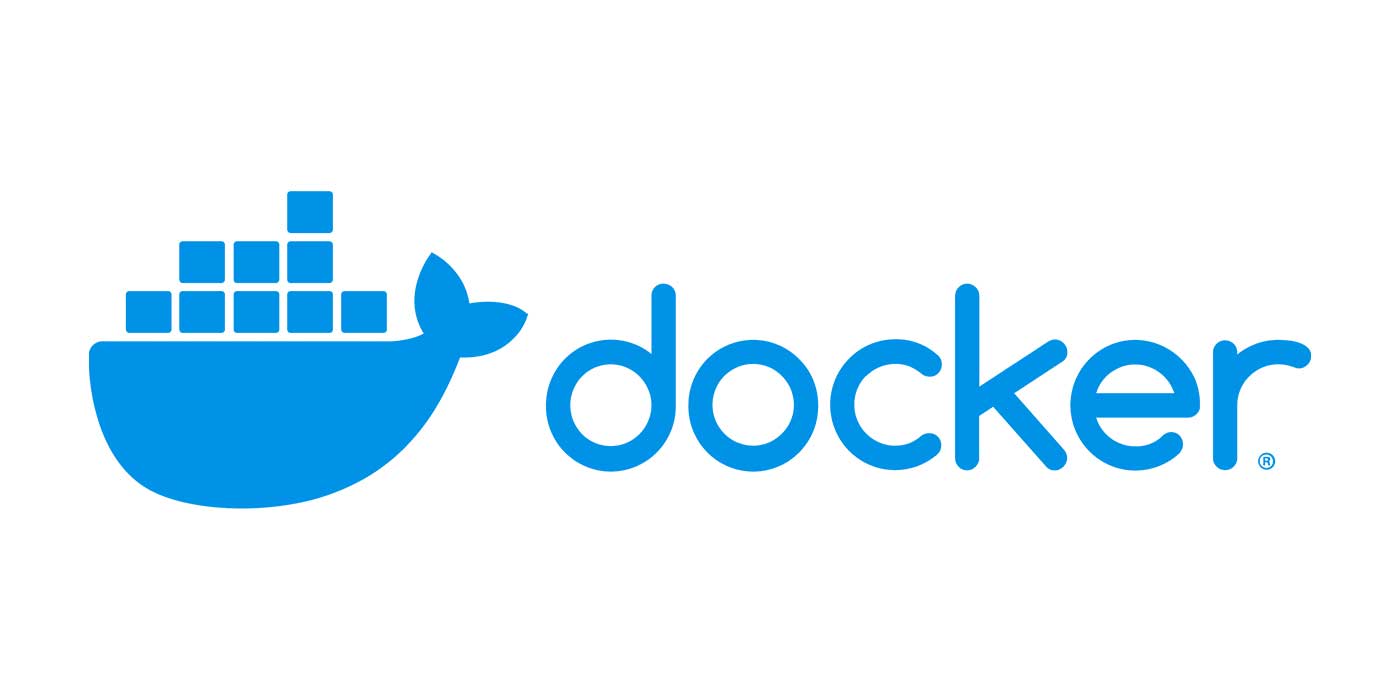NetSkill Wins Google For Startups Grant Of $350k!
Learn More >Discover how Gen-AI is transforming HR
Register for free webinarWhat will you learn in this Jira course?
1. What is Jira?
- Definition: What exactly is Jira and its primary functionalities?
- Purpose: Why is Jira used in project management?
- Features: What are the key features of Jira that make it popular?
2. Who should learn Jira?
- Target Audience: Who can benefit from learning Jira?
- Professions: Which professionals commonly use Jira?
- Skills Required: What prerequisites are necessary to learn Jira effectively?
3. Why learn Jira?
- Benefits: What are the advantages of using Jira in project management?
- Career Advancement: How can Jira skills enhance your career prospects?
- Industry Demand: Is there a high demand for Jira skills in the job market?
4. When to use Jira?
Project Stages: At what stages of a project lifecycle is Jira most useful?
Scenarios: What types of projects benefit most from Jira usage?
Integration: How does Jira integrate with other project management tools?
5. How to use Jira effectively?
- Navigation: How to navigate through Jira’s interface?
- Setting Up Projects: Steps to create and configure projects in Jira.
- Task Management: Techniques for managing tasks, issues, and workflows in Jira.
- Reporting: Generating reports and tracking project progress in Jira.
- Advanced Features: Exploring advanced features like automation, custom workflows, and plugins.
Detailed Module Content:
Module 1: Introduction to Jira
What is Jira?
Definition of Jira as a project management tool developed by Atlassian.
Overview of Jira’s primary functionalities such as issue tracking, project management, and agile development support.
Module 2: Who Should Learn Jira?
Target Audience
Project managers, team leads, software developers, and agile teams.
Professions
IT professionals, software engineers, product managers, and QA testers.
Skills Required
Basic understanding of project management concepts and familiarity with software development processes. Module
3: Benefits of Learning Jira
Advantages
- Efficient project tracking and management.
- Enhanced collaboration and communication among team members.
- Support for agile methodologies like Scrum and Kanban.
Module 4: When to Use Jira?
Project Stages
Planning, execution, monitoring, and closure phases.
Scenarios
Software development projects, IT operations, marketing campaigns.
Integration
Integration capabilities with tools like Confluence, Bitbucket, and Slack. Module
5: How to Use Jira Effectively
Navigation
Interface overview, project dashboard, and menu navigation.
Setting Up Projects
Creating projects, configuring workflows, and issue types.
Task Management
Creating, assigning, prioritizing, and tracking tasks and issues.
Reporting
Generating reports, tracking progress with burndown charts, and velocity tracking.
Advanced Features
Automation rules, custom workflows, plugins, and extensions.
Frequently Asked Questions
- Jira Core: Primarily used for project and task management across various business teams.
- Jira Software: Tailored for agile software development teams with Scrum and Kanban boards.
- Jira Service Management: Designed for IT and customer service teams to manage incidents, problems, and changes
Yes, Jira can be customized and adapted for various types of projects beyond software development. It offers flexibility to manage tasks, workflows, and projects across different industries and business functions.
Jira provides dedicated boards for Scrum and Kanban, allowing teams to plan sprints, prioritize tasks, and track progress visually. It supports agile practices such as backlog grooming, sprint planning, and continuous improvement.
Popular plugins include Jira Align (formerly AgileCraft) for scaling Agile across multiple teams, Tempo Timesheets for time tracking, and ScriptRunner for automating Jira workflows. Integrations with Confluence, Bitbucket, and Slack enhance collaboration and productivity.
Jira facilitates collaboration by providing centralized project visibility, realtime updates on tasks and issues, and features like mentions and notifications. Teams can communicate effectively through comments, attachments, and integrated chat tools.
Explore Plans for your organisation
Reach goals faster with one of our plans or programs. Try one free today or contact sales to learn more.
Team Plan For your team
Access to 3 training modes

Online Training

In - Person Training

Self Paced
- Access to 5,000+ courses
- Access to 3 training modes: In-person, online live trainer and self-paced.
- Certification after completion
- Earn points, badges and rewards
Enterprise Plan For your whole organisation
Access to 3 training modes

Online Training

In - Person Training

Self Paced
- Includes everything in Team Plan,plus
- Dedicated Customer Success Manager
- AI-Coach Chatbot with Personalised Learning & Course Recommendation
- Customised courses & content
- Hands-on training & labs
- Advance Analytics with team/employee reports
- Multi-language support
- White-labeling
- Blockchain integration for certifications
- Gen AI Content Creator for your courses

What our users
have been saying.
Related Courses




Certified Trainers for 1000+ Skills

Murali M
Web Developer
(Python, SQL, React.JS, JavaScript)

Saurab Kumar
Business Strategist
(HR, Management, Operations)

Swayangjit Parida
Marketing Consultant
(SEO, PPC, Growth Hacking, Branding)

Robert Mathew
Web Designer
(Figma, Adobe family, 3D Animation)

Catherine
Financial Planner
(Personal Finance, Trading, Bitcoin Expert)
Want To Get In Touch With Netskill?
Let’s take your L&D and talent enhancement to the next level!
Fill out the form and our L&D experts will contact you.
Our Customers
5000+ Courses
150k+ Learners
300+ Enterprises Customers





NetSkill Enterprise Learning Ecosystem (LMS, LXP, Frontline Training, and Corporate Training) is the state-of-the-art talent upskilling & frontline training solution for SMEs to Fortune 500 companies.















